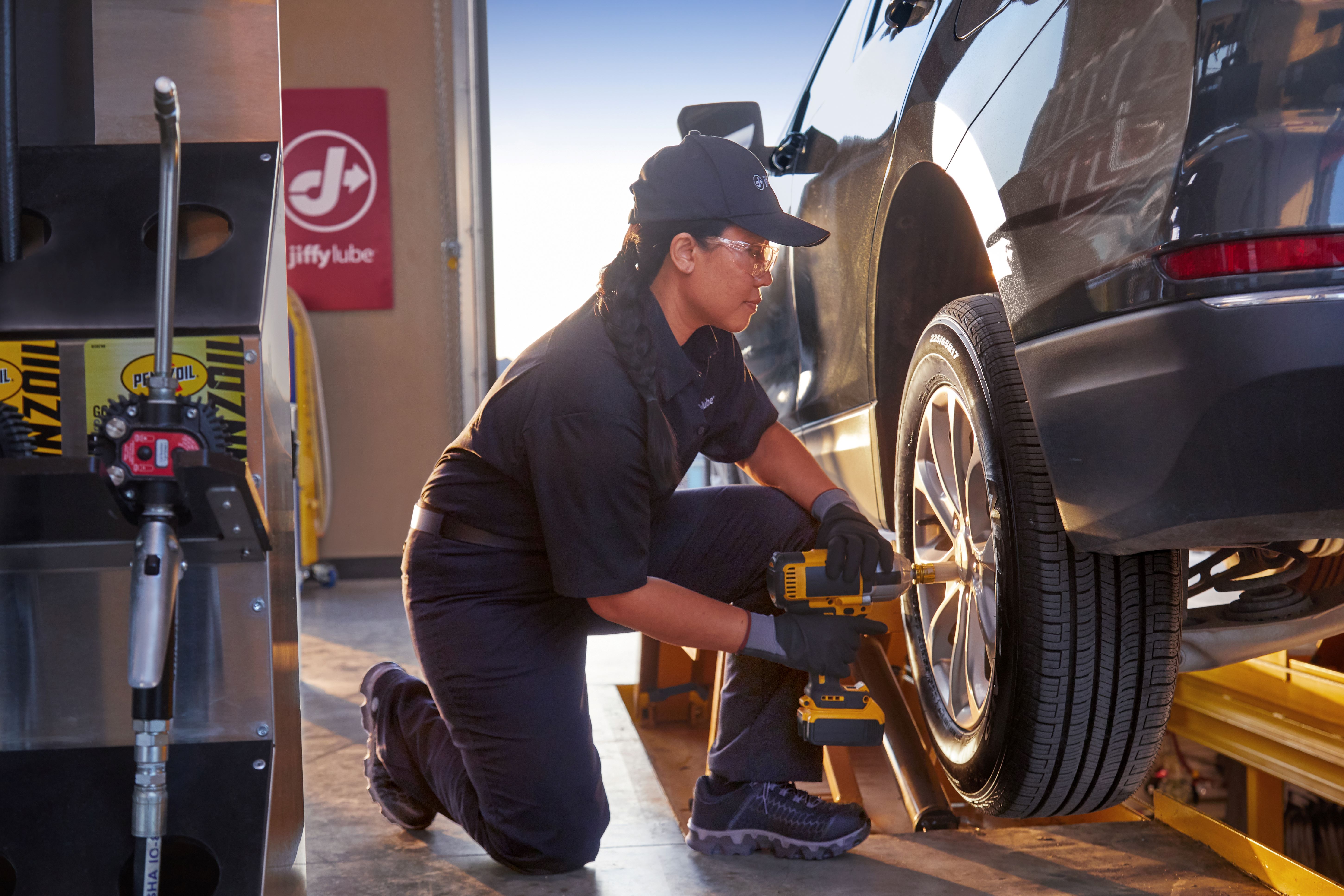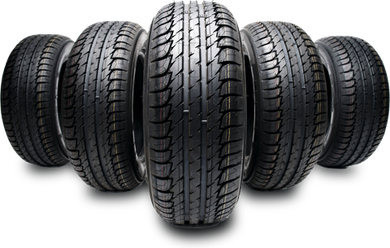Save Big with Mopar Tire Service Specials in Morris: Limited Time Provides
Save Big with Mopar Tire Service Specials in Morris: Limited Time Provides
Blog Article
Tire Solution: Comprehending Tire Pressure Monitoring Systems
Recognizing Tire Stress Surveillance Equipments (TPMS) is a crucial element of preserving optimal car efficiency and security on the road. With improvements in vehicle modern technology, TPMS has actually come to be a standard attribute in modern-day cars, providing real-time info on tire stress levels.

Significance of TPMS
The relevance of Tire Stress Monitoring Solutions (TPMS) exists in their capability to improve vehicle safety and efficiency with real-time tracking of tire pressure levels. Maintaining the proper tire stress is crucial for guaranteeing optimal handling, stopping, and general security of a car. TPMS provides drivers with prompt responses on any kind of overinflated or underinflated tires, enabling prompt modifications to be made.
Elements of TPMS
Sensors are generally situated in the tire shutoff stem or affixed to the wheel assembly, where they determine tire pressure and transmit data to the control component. Some progressed TPMS designs likewise present the real tire pressure readings for each tire, offering chauffeurs with real-time information to make sure optimum tire efficiency and security. By checking tire stress continuously, TPMS assists prevent crashes, reduces tire wear, and improves gas efficiency, making it an essential part for car safety and security and efficiency. tire shop morris.
Kinds Of TPMS

On the various other hand, indirect TPMS counts on the automobile's wheel rate sensing units to monitor tire pressure. This system finds underinflation by contrasting the rotational rates of the wheels. Indirect TPMS is much less pricey than direct TPMS, as it utilizes existing sensing units within the car.
While direct TPMS supplies more exact readings, indirect TPMS is simpler in layout and normally requires less maintenance. Both systems have their constraints and advantages, and the choice in between them typically depends upon elements such as price, vehicle make, and individual choice. Understanding the distinctions in between these more information two types of TPMS can aid vehicle owners make notified choices relating to tire maintenance and safety and security.
TPMS Upkeep Tips
Conduct regular checks on the tire stress levels and contrast them with the TPMS analyses to guarantee they are constant. During tire turning or replacement, make certain that the TPMS parts are taken care of carefully to stop any kind of possible damage. If the TPMS alerting light brightens on the control panel, address the concern promptly by try here examining the tire pressures and the general system for any type of mistakes.
Benefits of Proper Tire Pressure
Preserving appropriate tire pressure, as emphasized in TPMS Maintenance Tips, is vital for reaping the numerous benefits related to optimum tire stress degrees. One of the key advantages of keeping the correct tire pressure is improved gas efficiency. When tires are correctly blown up, there is much less moving resistance, bring about better fuel economic climate. In addition, appropriate tire pressure makes sure even tire wear, prolonging the life-span of the tires and promoting more secure driving problems. With the ideal tire pressure, automobiles also have much better handling and grip, specifically in adverse climate conditions. This can boost general driving performance and security for the vehicle driver and travelers. Maintaining ideal tire pressure can add to a smoother and a lot more comfortable ride by minimizing vibrations and sound triggered by underinflated tires. Finally, the advantages of correct tire pressure surpass just tire durability; they encompass improved gas efficiency, improved safety, much better lorry performance, and total driving comfort.
Conclusion
In verdict, understanding tire pressure tracking systems (TPMS) is critical for preserving ideal tire pressure and making certain vehicle safety. By acknowledging the importance of TPMS, being acquainted with its parts, recognizing the various kinds available, adhering to proper maintenance suggestions, and realizing the benefits of preserving appropriate tire pressure, vehicle drivers can boost their driving experience and extend the life-span of their tires. Correct tire stress is essential to risk-free and effective lorry procedure.

Report this page